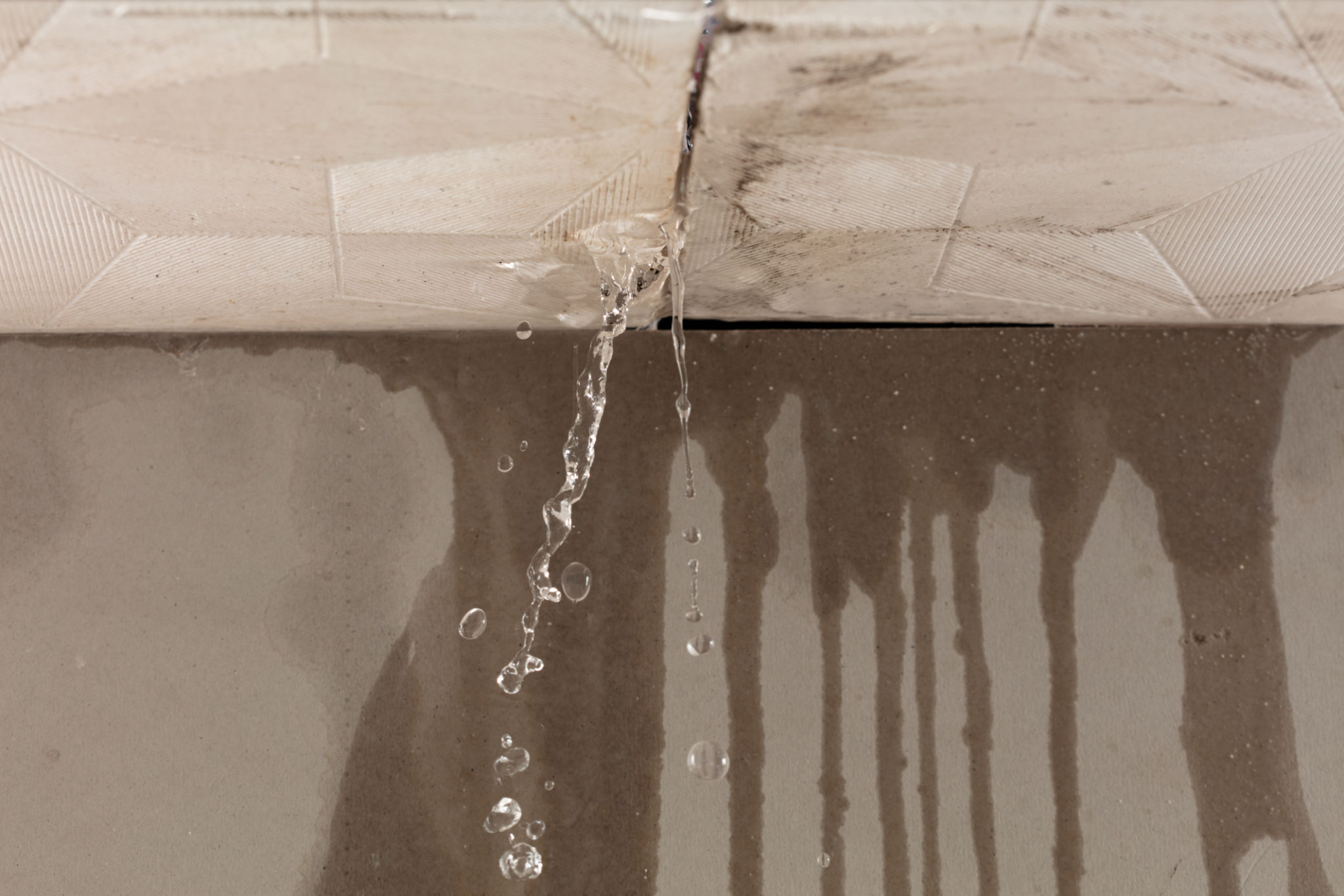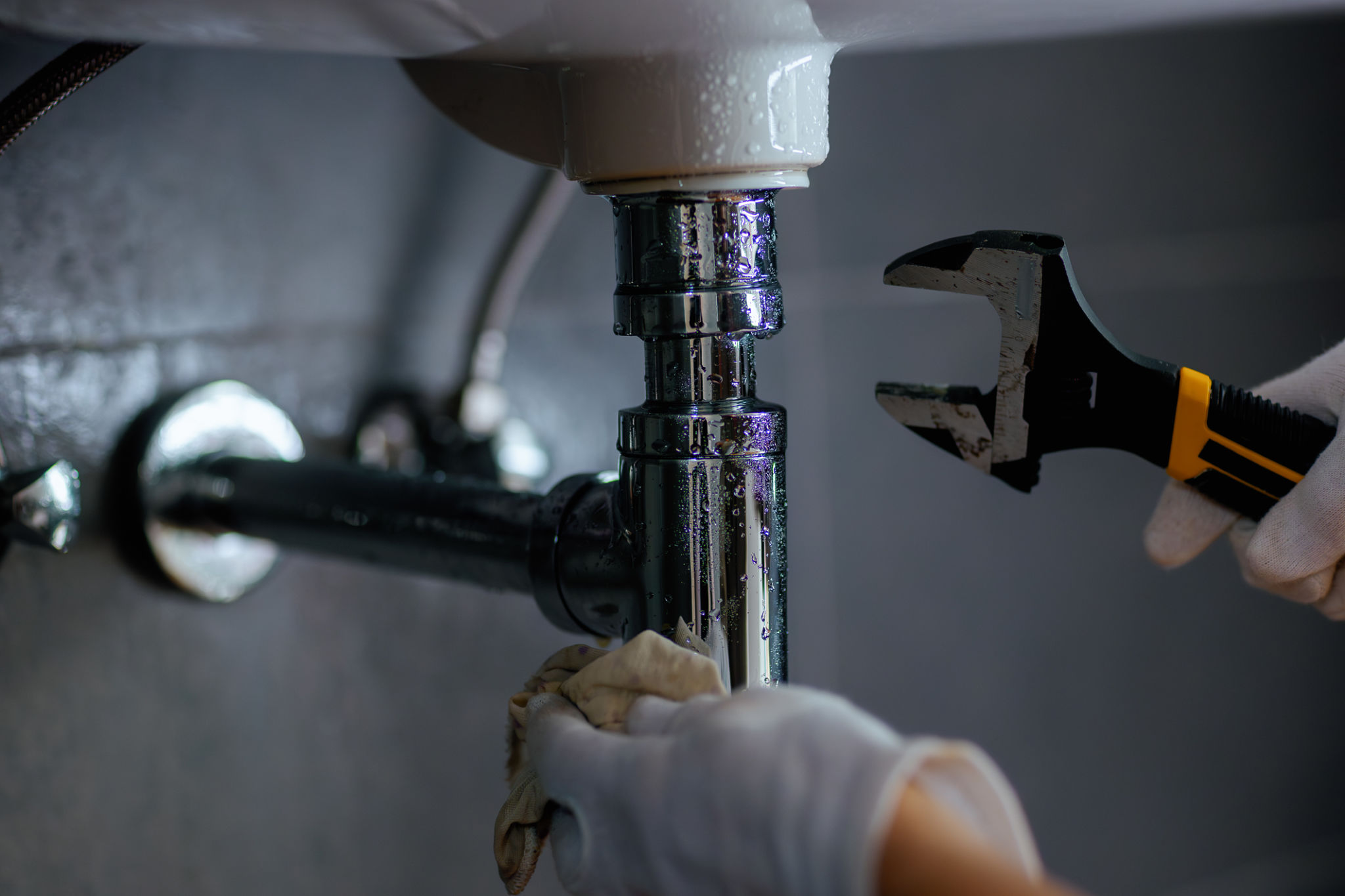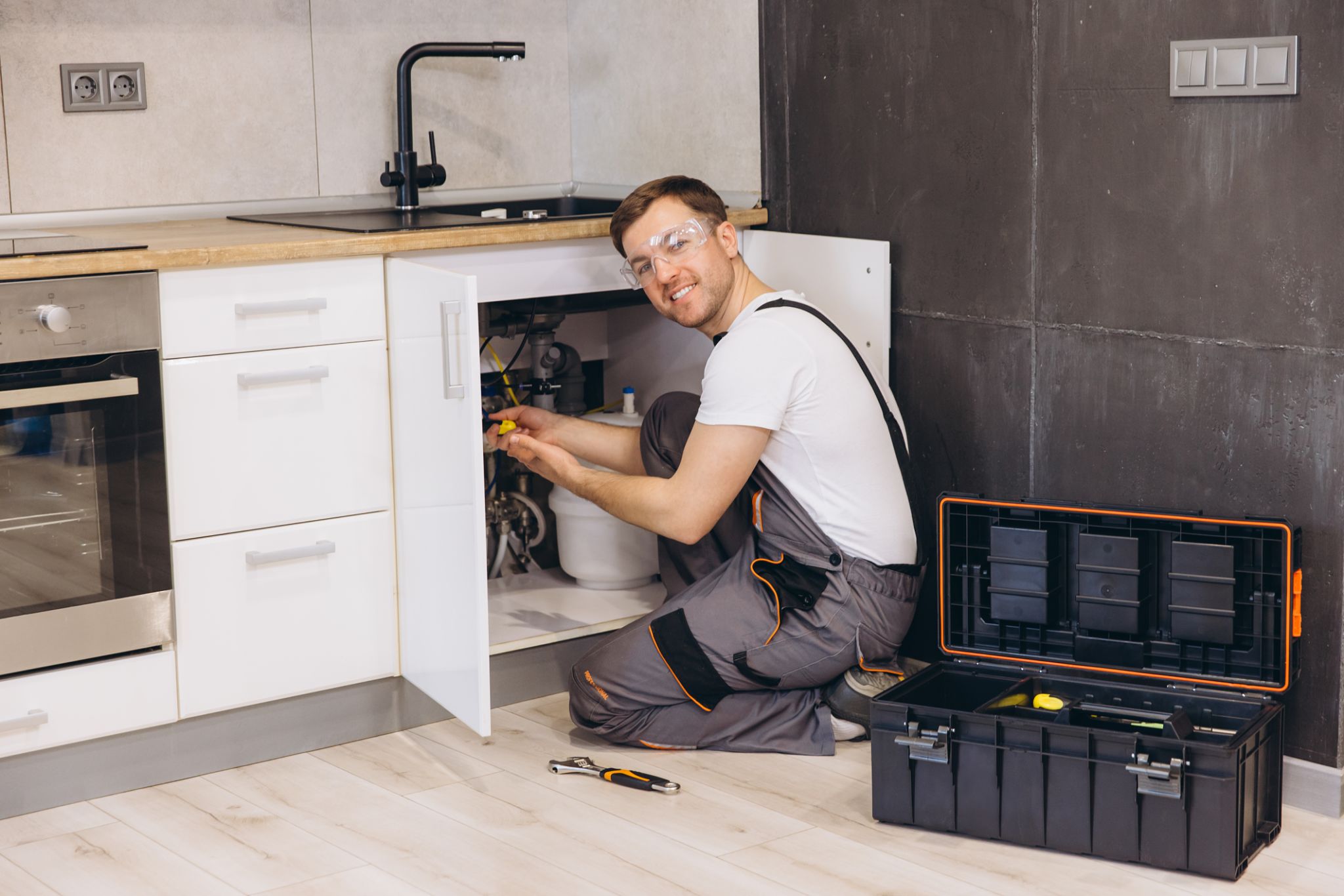Comprehensive Guide to Pipe Leak Repair: What You Need to Know
Identifying Pipe Leaks
Pipe leaks are a common issue that can cause significant damage if not addressed promptly. The first step in repairing a pipe leak is identifying the source. Common signs of a leak include damp patches on walls or ceilings, unexplained increases in your water bill, and the sound of running water when all faucets are off. Early detection can save you time and money in repairs.

Common Causes of Pipe Leaks
Understanding what causes pipe leaks can help in preventing them. Common causes include corrosion, high water pressure, and temperature changes. Corrosion is often due to old pipes that have been exposed to moisture for long periods. High water pressure can stress pipes and lead to leaks, while rapid temperature changes can cause expansion and contraction, weakening pipe joints.
Temporary Fixes
If you discover a leak and cannot get immediate professional help, there are temporary solutions you can implement. Pipe clamps and epoxy compounds can provide short-term relief by sealing the leak until a permanent fix is possible. However, these methods should only be used as a stopgap measure.

Permanent Repair Solutions
For a permanent solution, replacing the damaged section of pipe is usually necessary. This process involves cutting out the damaged area and replacing it with a new piece, which may require soldering or using compression fittings. Depending on the material of your pipes—be it copper, PVC, or galvanized steel—the repair methods may vary.
When to Call a Professional
While some minor leaks can be handled with DIY methods, it's crucial to know when to call a professional. If the leak is extensive, located in a hard-to-reach area, or if you're unsure about the repair process, it's best to hire a qualified plumber. Professionals have the expertise and tools to handle complex repairs and ensure that your plumbing system is restored to good working order.

Preventive Measures
Preventing pipe leaks involves regular maintenance and inspections. Regularly check for signs of wear and tear, especially in older homes with outdated plumbing systems. Consider installing a water pressure regulator if your home experiences high water pressure. Insulating pipes can also prevent damage from temperature fluctuations.
The Importance of Regular Maintenance
Routine maintenance is key to avoiding costly repairs down the line. Scheduling regular inspections by a professional plumber can help catch potential problems early. During these inspections, plumbers can assess your entire plumbing system and suggest necessary updates or repairs to prevent future leaks.
By understanding the causes of pipe leaks and implementing both temporary and permanent repair strategies, you can protect your home from water damage and costly repairs. Remember that preventive measures and regular maintenance are your best defenses against unexpected plumbing issues.
